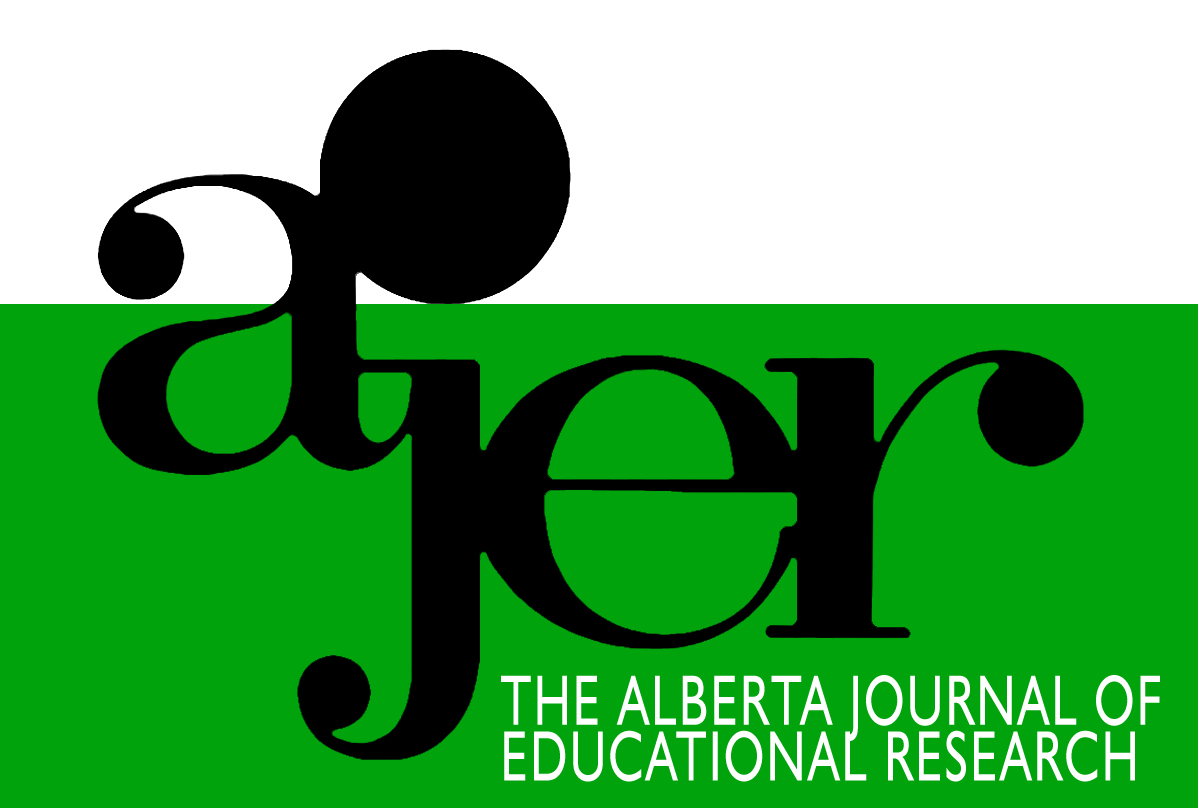Constraints Influencing the Efficacy of a PGCE Mathematics Program: A Case Study
DOI:
https://doi.org/10.55016/ojs/ajer.v66i2.67915Abstract
The learning attainment of South African learners in mathematics is, as The International Mathematics and Science Study (TIMSS) data reveal, far from optimal. A key contributing factor is a shortage of competent and confident qualified mathematics teachers. The Post Graduate Certificate in Education (PGCE) offered at South African universities is a key qualification designed to address this challenge (amongst others, such as the Bachelor of Education [B.Ed.]). However, the success of the PGCE as a preparation for mathematics teachers is not without concern, as this paper argues. Using a qualitative case study focusing on a PGCE with a mathematics focus offered by a university of technology, this paper discusses the constraints identified by prospective teachers and teacher educators. Constraints are explored by focusing on the curriculum, partnerships, and policy relating to the delivery of the PGCE as true and critical to the efficacy of the program. The paper contributes to context-specific understanding of the constraints influencing the PGCE’s efficacy (as offered in 2014) in developing newly qualified teachers’ (NQTs) skills and knowledge to be confident and competent mathematics teachers.
Keywords: Post Graduate Certificate in Education; mathematics; learning to teach; governance; curriculum.
Les données d’une enquête internationale portant sur les acquis scolaires en mathématiques et en sciences (TIMSS) révèlent que le rendement des apprenants sud-africains en mathématiques est loin d’être optimal. Un facteur qui contribue de façon significative à ce phénomène est le manque d’enseignants qualifiés qui sont compétents et confiants. Le certificat d’études supérieures en éducation (PGCE) offert dans les universités en Afrique du Sud est une qualification importante conçue pour faire face à ce défi (le Baccalauréat en Éducation, entre autres). Toutefois, la réussite du PGCE comme outil de préparation pour les enseignants n’est pas sans inquiétude, comme le soutient cet article. En s’appuyant sur une étude de cas qualitative portant sur un PGCE avec une majeur en mathématiques et offert par une université de technologie, cet article discute des contraintes identifiées par de futurs enseignants et formateurs d’enseignants. Les contraintes sont examinées en se penchant sur le curriculum, les partenariats et les politiques relatives à la prestation du PGCE pour évaluer dans quelle mesure ils sont véritables et essentiels au programme. Cet article contribue à une compréhension, propre au contexte, des contraintes qui influencent l’efficacité du PGCE (tel qu’offert en 2014) à développer les compétences et les connaissances de nouveaux diplômés pour qu’ils soient des enseignants confiants et compétents.
Mots clés diplôme d’études supérieures en éducation mathématiques; apprendre à enseigner; gouvernance; curriculum
Downloads
Published
Issue
Section
License
UNIVERSITY OF ALBERTA COPYRIGHT LICENSE AND PUBLICATION AGREEMENT
If accepted, authors will be asked to sign a copyright agreement with the following points:
A. Where there is any inconsistency between this Copyright License and Publication Agreement and any other document or agreement in relation to the same subject matter, the terms of this Agreement shall govern.
B. This document sets out the rights you are granting in relation to publication of your article, book review, or research note entitled (the “Article”) through inclusion in the academic journal titled Alberta Journal of Educational Research (the “Journal”) published through the Faculty of Education, representing the Governors of the University of Alberta (the “Journal Editor”).
C. There will be no payment to you for this publication and grant of rights. In consideration of the agreement to publish the Article in the Journal:
1. You are warranting that:
- the content of the Article is your original work, and its content does not contain any material infringing the copyright of others; or, where the Article is not entirely your original work, you have obtained all necessary permissions in writing to grant the rights you are giving in this agreement;
- the content of the Article does not contain any material that is defamatory of, or violates the privacy rights of, or discloses the confidential information of, any other person;
- the Article has not been published elsewhere in whole or in part, and you will not allow publication of the Article elsewhere without the consent of the Journal Editor;
- the names of all co-authors and contributors to the Article are:
2. You agree to license the copyright in the Article to the Journal Editor, on a worldwide, perpetual, royalty free basis; and to the extent required by the terms of this agreement. You shall retain the right at all times to be acknowledged as the/an author of the Article.
3. You further agree that the Journal Editor has the entitlement to deal with the Article as the Journal Editor sees fit, and including in the following manner;
- The right to print, publish, market, communicate and distribute the Article and the Journal, in this and any subsequent editions, in all media (including electronic media), in all languages, and in all territories, ing the full term of copyright, and including any form of the Article separated from the Journal, such as in a database, abstract, offprint, translation or otherwise, and to authorize third parties to do so;
- The right to register copyright of the Journal;
- The right to edit the Article, to conform to editorial policy as the Journal Editor sees fit.
4. If any co-author or contributor to the Article does not sign this agreement, the Journal Editor reserves the right to refuse to publish the Article.



